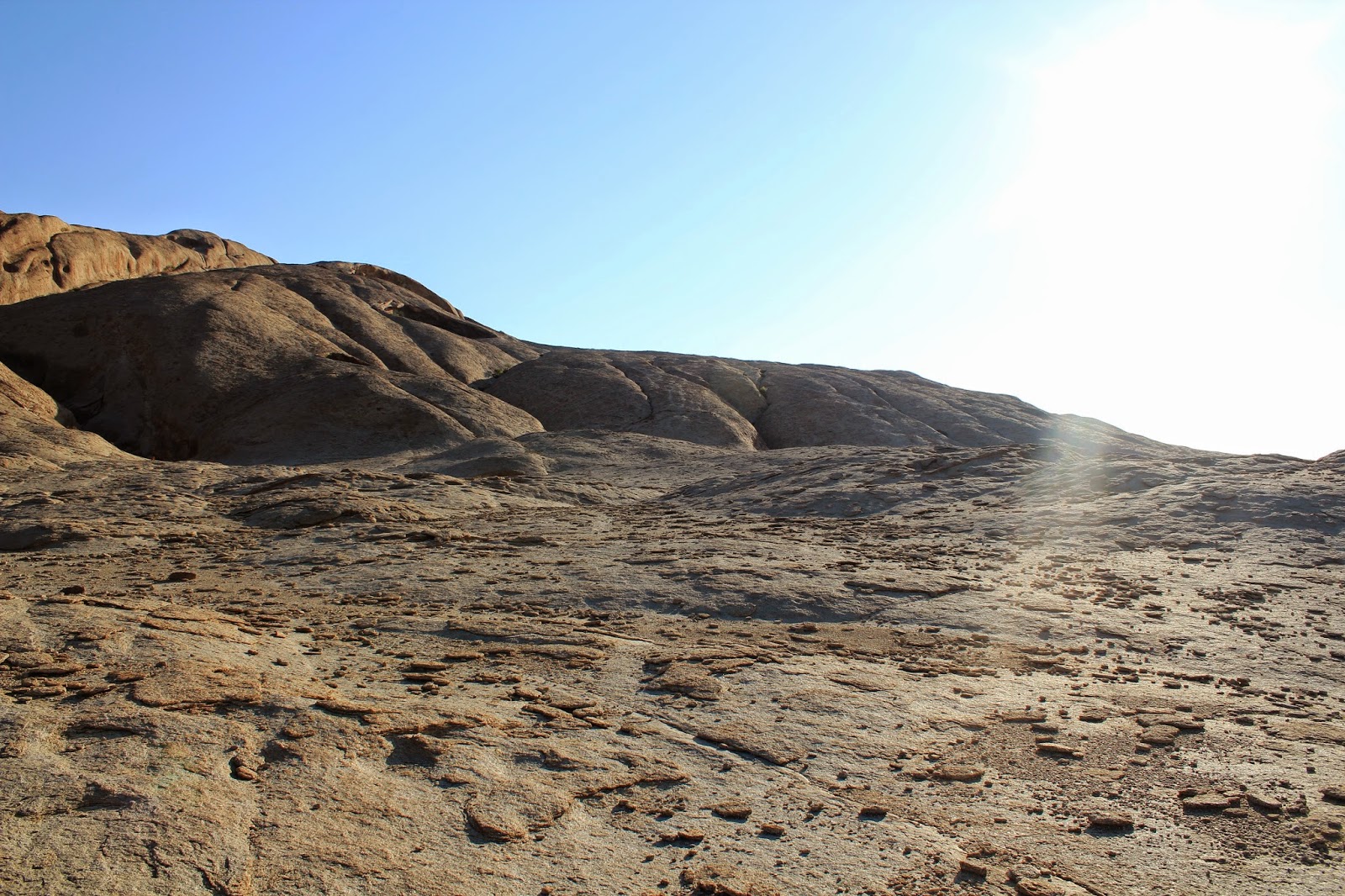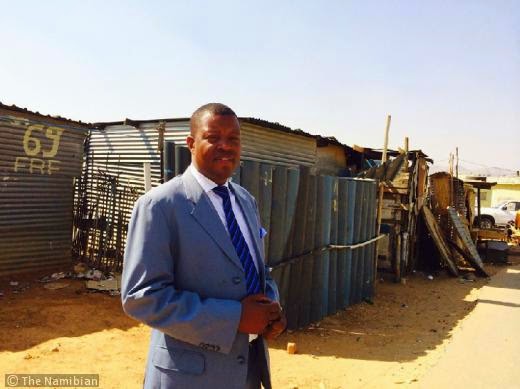His+story and the bravery of lions
History, funny word. If you dissect it into two, you get a
combination of two words. His and story, meaning "His story". Not
"Our story, her story or their story". It is basically the story of
him, giving him the chance to tell it as he likes. No one can dispute it, unless you were
there. But as you will learn in this
article, he who survives gets to tell the story: his story.
Let's go back, way back. Christopher Columbus sailed from
Europe to uncharted unknowns and found America.
His feat is praised in history. What you probably don't know is that
Columbus found America by mistake, he was actually looking for a new route to
India. So when he set foot on the first
land mass he saw, he did a happy dance because he thought he hit the jackpot.
The Native Americans are called Indians, because that is what Columbus thought
they were. So just to recap, Columbus "found" a place that was
already inhabited while looking for another place (India). He goes down in
history as having "discovered" America, how you discover a place that
is already occupied puzzles me. But it’s not like the "Indians" got
on the boat with Columbus back to Spain to tell their side of their story. We
don't know how the Indians felt when the strange Gringo showed up, we only know
Columbus version of the story. Then there is David Livingstone, the British
explorer credited with discovering the Victoria Falls. Which is rather strange
considering that Livingstone himself admitted that they were people already
living there, so how he discovered the falls just mystifies me. The local
people call the falls Mosi-oa-Tunya, meaning “the smoke
that thunders”. So Mr Livingstone did not discover the falls, he just has the
distinction of being the first European man to see view the falls (on an Island
from the Zambian side, now named after him) and then aptly name them after
Queen Victoria.
You go through History and realize that only the victor’s
version forms the history of what happened.
We know the conquistadors conquered south and central America, but we
know very little of the native south and central American tribes who fought
them. We don't know how they felt being
exterminated and driven from their homes. The brutality of the Spanish made
sure that there were no Aztecs left to tell us how they built the temples and
pyramid shaped tombs that were plundered by the victors. What you quickly realize is how there is a
bias in history, there is rarely ever two accounts of what happened. Usually there is only one, written from the
perspective of only one of those who were present. As the saying goes, “To the
victor go the spoils". The other side is wiped from the face of the earth
and the annals of history (please don’t take that statement out of context, it
has nothing to do with the rectum), simply for fighting for what was
theirs. So in this manner we have been
robbed of over 70% of the world's history.
Thousands of scrolls were destroyed when Civilizations were
wiped away by conquerors and later colonizers in their scramble for territory. Timbuktu
in Mali is a prime example, what we know of the most advanced African civilization
that existed there is only a fraction of the knowledge that was available. The
rest was lost to marauding pawns in the name of extending their regents empires.
Thankfully in some cases rock art, paintings and pottery survived. Otherwise we
would have no knowledge of any of the “savage natives” as history referrers to
them. Due to Europe’s greedy pursuit for more, the history of the world is but
the first two lines of a long poem; with the rest of the page has been ripped
out of the book.
In an interview with the Paris Review in 1994, Chinua
Achebe, the prominent Nigerian novelist and essayist used a great African
proverb to describe the bias of history. The proverb states “until the lions
have their own historians, the history of the hunt will always glorify the
hunter”. No one knows what happened in the jungle, so when the hunter returns
with a slain lion. It is assumed that it was due to his skill and
determination. We will never know if the lion was sick, lazy from old age or already
wounded from a botched kill attempt on a buffalo or elephant. The lion did not
survive, so the hunter can exaggerate his legacy to his heart’s content. The
hunter will never tell you that he was so scared when he confronted the lion
that he urinated in his trousers, he will just boast of how he overpowered the gargantuan
beast. History is told from the perspective of the victor, the other side does
not have a voice. We take what we are given, because the only sources to tell
the other half of the story no longer exists. It is also very unfortunate that
most of African history was handed down by oral tradition, so several
generations of history could be lost with one bullet. The wisdom of the elders
and the heritage in the praise songs were all lost. Their stories died with
them, even if they were written down, there would be none left alive who could
read them. The logic was wipe out a whole tribe and you basically wipe out all
traces of their existence.
I feel that even the history we are taught in school is not a
complete reflection of events, it’s a narrated tale heavily imbalanced in one
direction. As an example, there is factual information about the great Iipumbu
ya Tshilongo, the great chief of the Kwambi tribe. But there is not much else,
nothing is known about his character and who he was. His story is shortened and
emphasis is placed on the fact that he was suppressed and exiled by the
colonial forces. The story tells of the colonial forces triumph over him. Who
wants to know that? I want to know how many soldiers he took down before they
suppressed him, how he ruled his subjects. His character, his beliefs. I
graduated from high school with more knowledge of Hitler than I had of my own
president at the time, I knew Winston Churchill’s greatest quotes but did not
find out about Thomas Noel Isadore Sankara until I had graduated from
University. History is very funny, we consider the soldiers of the armed
liberation movements of Africa as liberators and heroes. At the time of
conflict, history will tell you that they were labelled as terrorists. When the
missionaries bought the bible, they said it was because the natives were savage
and backward. That we walked around naked and needed the saving grace of the
holy book. But by now we all know that religion was used to pacify the
indigenous tribes and make the colonizers job easier.
So we must write our own stories, we must tell the other
side of the story. Where the labels of the Dark Continent and the shackles of
backwardness and gloom are non-existent. Our stories must show that heroes can
also have dark chocolate skin and wild untamed hair. Our stories must tell our
own children of the people that we are, we must leave more for them to know
about us and where we came from rather than the dates and official jargon on
our death certificates. Let us leave them legacies, we would have failed if our
children can’t even improvise a praise song to glorify the heritage of their
families. Lord forgive if we end up with generations that can’t even speak the
language of their forefathers, yet are fluent in English and other former
colonizer’s tongues.


Comments
Post a Comment